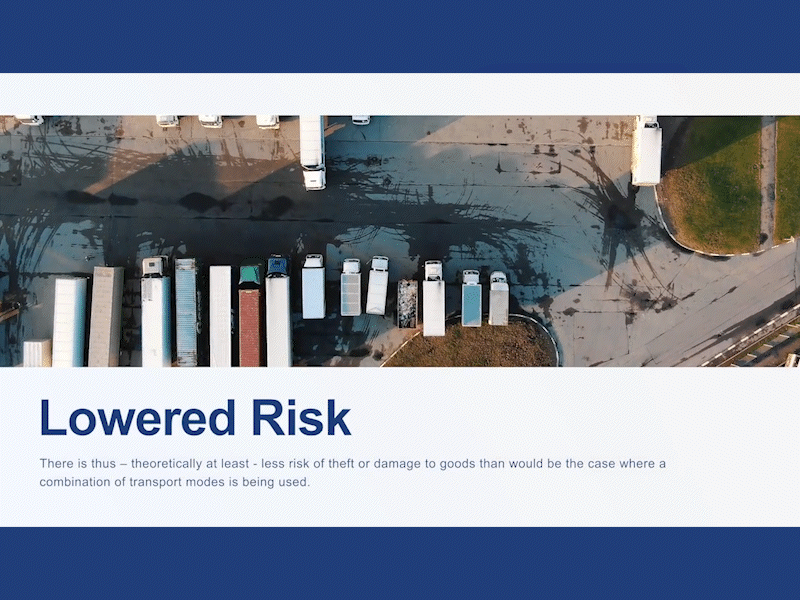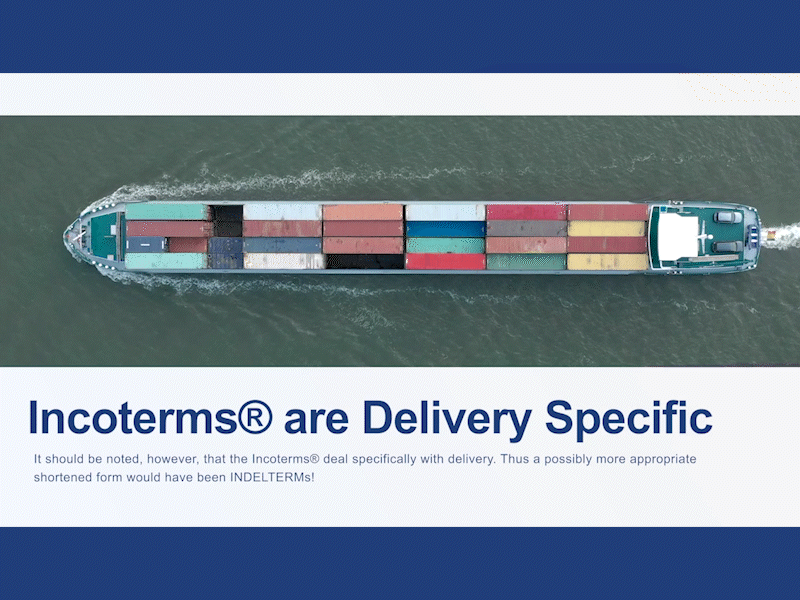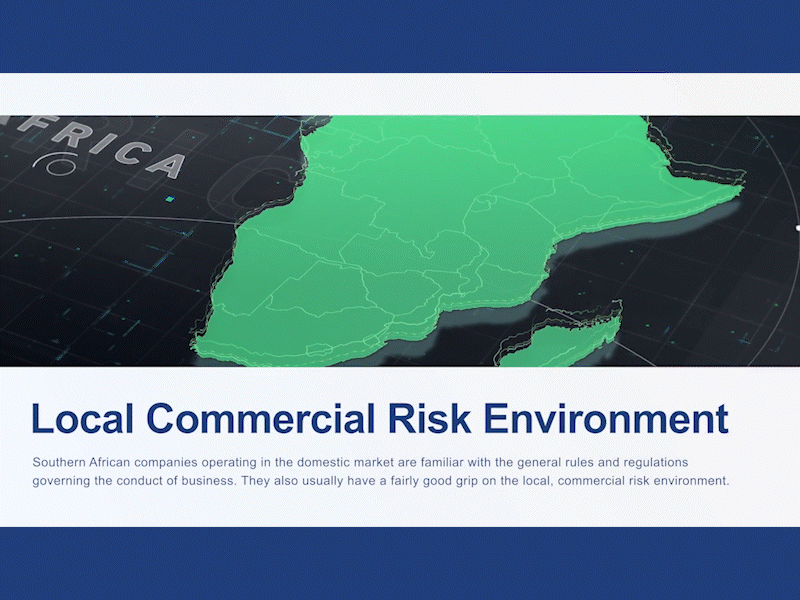Two Differences between doing Business Domestically and Exporting
Suppose you have been following our blog on exporting products to international buyers. In that case, you will have realised that we stress the importance of educating yourself on international trade before you dedicate company resources to an export drive. The truth is that without the proper knowledge, you could make mistakes that cripple your business internationally and domestically! Unfortunately, there are countless examples of exporters jumping headfirst into exporting without understanding the risks and opportunities that await them. A big part of successfully exporting your products is understanding the terminology, essential documents and key global business processes.

We are not advising that you get your PhD in international economics but rather that you take the time to learn and digest the critical processes of exporting products overseas. Whether negotiating the right Incoterm®, selecting the correct payment method, or opting for a suitable mode of transport, successful exporters make the right decisions early on by utilising a solid understanding of the intricacies of international trade. Developing a solid understanding of international trade involves identifying the differences between domestic and international business. This article looks at two differences between exporting and doing business domestically.
Marketing for Exports
When marketing your goods locally, you usually understand your intended target market and the overall marketing environment. However, your target market and overall marketing environment could be vastly different when marketing for exports. When marketing for exports, it is important that you understand the differences in the natural environment, the cultural/social environment, the economic/financial environment, the political/legal environment, and the technological environment because they will directly influence your marketing decisions. Failure to take these differences into account could have serious financial consequences.
Tariffs, Non-tariff barriers and Free Trade Agreements
When doing business domestically, businesses must comply with domestic laws and regulations. Companies are usually familiar with the requirements they must meet locally. However, when exporting, you must prove your compliance with a myriad of foreign market regulatory requirements covering everything from environmental protection and product quality to corporate social responsibility. Furthermore, numerous countries still impose tariffs on certain products that originate outside their borders. In light of these barriers to international business, several countries have concluded free trade agreements to reduce tariffs and non-tariff barriers to trade. Thus, an exporter’s competitiveness could be directly impacted by how effectively they utilise the applicable free trade agreements. For example, utilising the UK-SACU+M EPA, the AFCFTA, and the AGOA agreement could increase the competitiveness of certain Southern African exporters in the respective markets they cover.

There are several differences between doing business domestically and exporting, too many to cover in a single article! Thankfully, Trade Forward Southern Africa, in collaboration with the International Trade Institute of Southern Africa, has created a free and comprehensive online training course on various aspects of global trade. The modules provided include training on international finance, foreign exchange rates, Letters of Credit, free trade agreements, Incoterms® and marketing for exports! Click the links below to sign up for free and get started.
To sign up to the School of Export CLICK HERE.
If you already have a profile, CLICK HERE to login to begin the module.










Leave a Reply